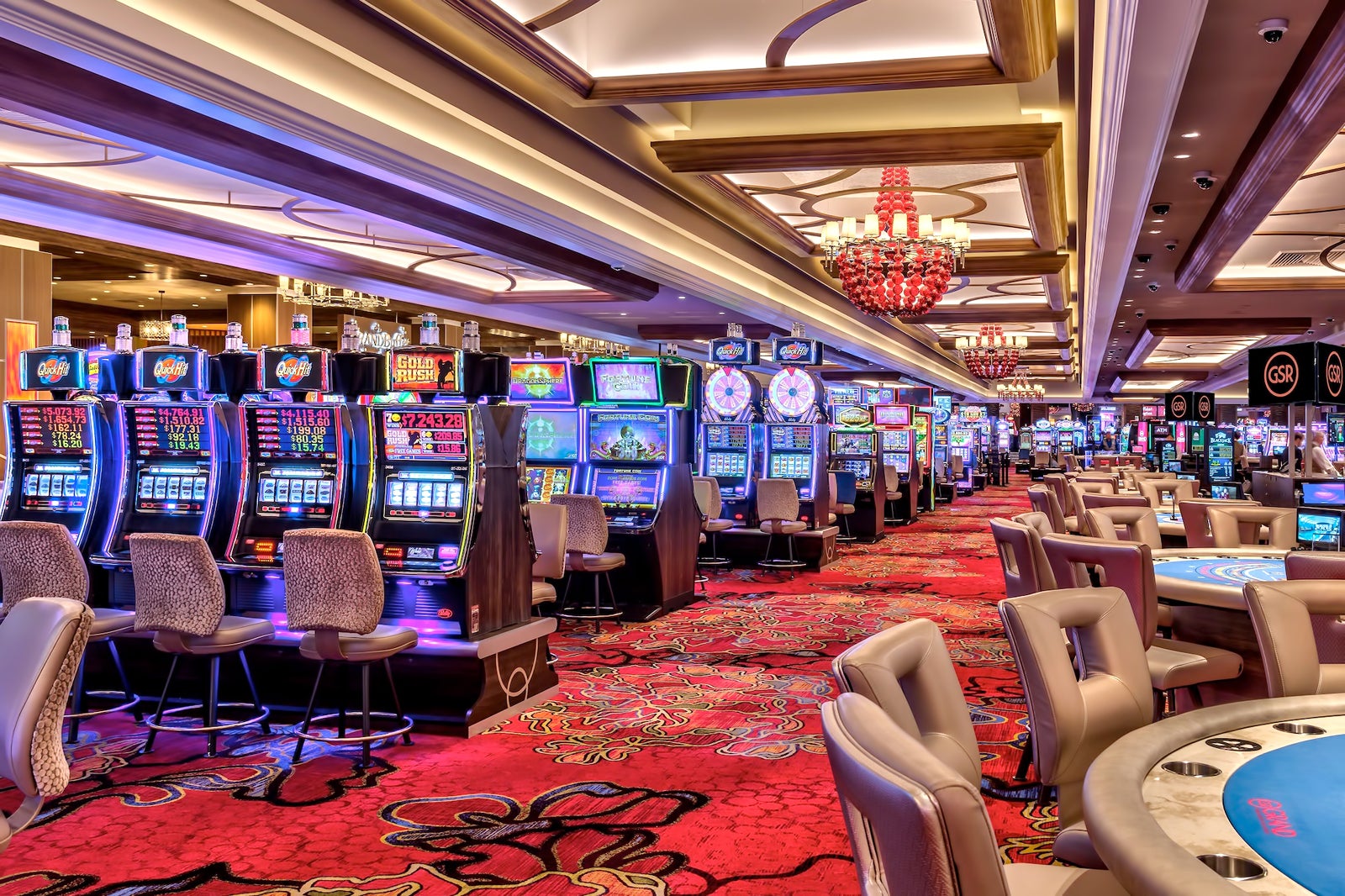
Within the dynamic world of gambling halls, where the air humms with excitement and the clinking of tokens fills the environment, the role of a game dealer is both essential and captivating. 78WIN Every day, these skilled professionals step into a realm where fortune and strategy converge, guiding players through the highs and lows of their chosen casino games. From card games like 21 and poker to the revolving wheels of roulette, dealers facilitate the action while making sure that every game runs smoothly and honestly.
As the sun rises on another busy day, a casino dealer gets ready to immerse themselves in this vibrant environment. Their duties extend beyond merely dealing the cards or spinning a roulette wheel; they are also performers, customer service representatives, and keepers of the rules. Each workday brings new challenges and interactions, making every day distinct in the life of a dealer. This behind-the-scenes look will examine the day-to-day operations of a casino dealer, highlighting the expertise and experiences that make this profession both exciting and rewarding.
The Role of a Gambling Table Croupier
A gambling table croupier is at the core of the gambling experience, orchestrating the progress of the play while ensuring that players are engaged and enjoying themselves. Their main responsibility is to oversee the game, which involves distributing cards, spinning the wheel, or handling the chips, based on the game being played. Croupiers must possess a deep understanding of the regulations and guidelines governing each game, while also upholding a welcoming and welcoming demeanor to improve the gambling atmosphere.
In addition to overseeing the gameplay, dealers must also keep a close watch on the players and the environment around the game. This includes monitoring for any signs of cheating, making sure that everyone is adhering to the rules, and addressing any conflicts that may arise among players. Strong communication skills are essential, as dealers often provide explanations about the game’s mechanics and give assistance to those who may be novice to casino games.
Furthermore, a dealer’s role extends beyond just the technical aspects of the play. They play a crucial part in crafting an enjoyable experience for the players. This requires establishing a rapport with patrons, being sensitive to their wants, and often injecting an element of fun into the play. It’s this combination of talent, alertness, and interpersonal relationship that makes the position of a casino table dealer both challenging and fulfilling in the vibrant world of gambling games.
Daily Responsibilities and Challenges
One of the primary responsibilities of a dealer in a casino is to oversee the various games offered at their table, guaranteeing a smooth and pleasant experience for players. Dealers must be skilled at distributing cards, handling chips, and maintaining the flow of the game. This requires a deep understanding of the regulations of each game, from blackjack to roulette, and the ability to answer players’ questions while keeping the game moving. Attention to detail is crucial, as dealers must monitor bets, disburse winnings correctly, and watch for any cheating or discrepancies at the table.
In addition to managing the game per se, dealers face challenges such as managing difficult players. The casino environment can be stressful, particularly during high-stakes games, and a dealer must remain composed and professional at all times. They need robust interpersonal skills to navigate interactions with players who may be frustrated about losses or dissatisfied with the game’s speed. Handling these situations delicately is important in ensuring a positive atmosphere on the casino floor.
Another major responsibility is maintaining the honesty of the game. Dealers must be vigilant and attentive, watching for any signs of player cooperation or cheating among players. This entails not only a strong knowledge of the games but also an awareness of player psychology. They must also follow the casino’s regulations and procedures, participating in regular training sessions to keep updated on rules and protocols. Balancing these responsibilities while providing top-notch customer service is what makes the role both challenging and fulfilling for a casino game dealer.
Attributes and Traits for Success
A effective casino game dealer must possess outstanding communication skills. This includes not just the ability to clearly explain game rules and procedures to gamblers but also the capacity to interact with them in a cordial and respectful manner. Fostering rapport with guests can enhance the gaming experience and inspire repeat visits to the casino. Strong communication enables dealers to manage tables efficiently while ensuring that players feel appreciated.
Moreover, robust mathematical skills are essential for a dealer. Quick calculations are often required to monitor bets, payouts, and game outcomes in real time. A dealer’s ability to perform these calculations accurately and swiftly contributes to the overall efficiency of the game. 78 WIN This skill helps in maintaining the flow of play and in minimizing disputes or misunderstandings with players, which is crucial in a fast-paced casino environment.
Lastly, an ideal casino game dealer should demonstrate integrity and professionalism at all times. Trust is a vital component of the gaming experience, and players must feel secure that the games are conducted fairly and transparently. A dealer’s dedication to upholding high ethical standards fosters a friendly atmosphere at the table and enhances the casino’s standing. Being consistent in behavior ensures that dealers leave a enduring impression on guests, which can lead to a dedicated customer base.